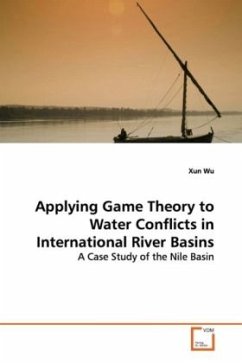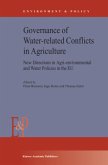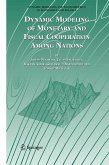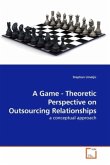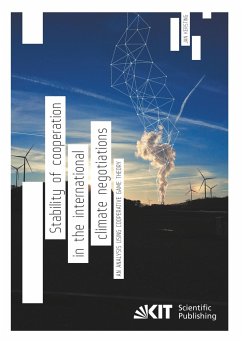Nation-states rarely go to war over water, but it is
also rare that water conflicts in
an international river basin are resolved through
cooperation among the riparian countries
that use the shared resources. One interpretation for
the lack of success is that the magnitude of
potential gains from cooperation is largely unknown
for most international rivers, and riparian countries
may have an incomplete or even inaccurate
knowledge of cooperative opportunities. In addition,
gains from cooperation will mean little to individual
riparians unless the required cooperative behaviors
are incentive compatible.
Game theory offers useful insights for assessing
cooperative solutions for water conflicts in
international river basins. Applying cooperative game
theory concepts such as core, nucleolus, and Shapley
value to Nile water conflicts, we examine the
incentive structure of both cooperative and
noncooperative strategies for different riparian
countries and establish some baseline conditions for
incentive-compatible cooperation in the Nile basin.
also rare that water conflicts in
an international river basin are resolved through
cooperation among the riparian countries
that use the shared resources. One interpretation for
the lack of success is that the magnitude of
potential gains from cooperation is largely unknown
for most international rivers, and riparian countries
may have an incomplete or even inaccurate
knowledge of cooperative opportunities. In addition,
gains from cooperation will mean little to individual
riparians unless the required cooperative behaviors
are incentive compatible.
Game theory offers useful insights for assessing
cooperative solutions for water conflicts in
international river basins. Applying cooperative game
theory concepts such as core, nucleolus, and Shapley
value to Nile water conflicts, we examine the
incentive structure of both cooperative and
noncooperative strategies for different riparian
countries and establish some baseline conditions for
incentive-compatible cooperation in the Nile basin.

